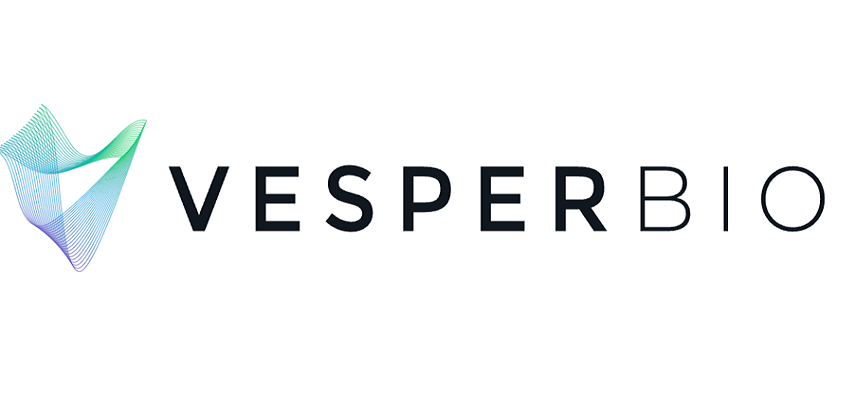Vesper Bio Reports Promising Phase Ib/IIa Results for First Oral Therapy in Frontotemporal Dementia
Vesper Bio ApS, a clinical-stage biotech focused on neurodegenerative and neuropsychiatric diseases, announced positive topline results from its Phase Ib/IIa SORT-IN-2 trial evaluating VES001 in people carrying progranulin gene (GRN) mutations linked to frontotemporal degeneration (FTD-GRN).
Key Findings
- >95% mean increase in progranulin levels in cerebrospinal fluid (CSF) compared to baseline
- Normalisation of progranulin levels, potentially preventing symptomatic FTD
- Favourable safety and tolerability during three months of daily dosing
- Supports advancement to Phase IIb/III clinical trials in FTD-GRN
Restoring a Vital Protein
Individuals with GRN mutations have roughly half the normal levels of progranulin, a protein essential for maintaining neuronal health. In the SORT-IN-2 trial, VES001 increased progranulin levels in both plasma and CSF in a dose-dependent manner, effectively restoring them to healthy levels.
“These results show that VES001 can normalise progranulin without disrupting other sortilin functions,” said Dr. Mads Kjolby, Co-Founder and Chief Medical Officer, Vesper Bio. “We believe it has the potential to slow or even halt disease progression in FTD-GRN.”
Jacob Falck Hansen, CEO of Vesper Bio, added:
“This is a major milestone for Vesper and the FTD community. The data validate our targeted approach and strengthen our confidence in advancing VES001 as the first potential treatment for FTD-GRN.”
About the Study
The open-label, single-arm study enrolled six asymptomatic participants in the Netherlands and the UK who carry GRN mutations known to cause very low progranulin levels.
- Dosing: Daily oral treatment — 28 days at a lower dose, followed by 56 days at a higher dose
- Safety: Only mild adverse events reported; no severe events or discontinuations
- Clinical sites:
- Erasmus University Medical Centre (Rotterdam, Netherlands)
- Leonard Wolfson Experimental Neurology Centre (University College London, UK)
Professor Jonathan Rohrer, Principal Investigator (UCL), noted:
“The ability to restore progranulin to normal levels in people who are years away from symptoms is remarkable — it opens the door to preventing FTD before it begins.”
What’s Next
The SORT-IN-2 study was supported by the Alzheimer’s Drug Discovery Foundation (ADDF) and the Association for Frontotemporal Degeneration (AFTD) through the TreatFTD program.
A full data release is expected in Q1 2026, after which Vesper Bio plans to begin Phase IIb/III trials in symptomatic patients to assess efficacy on clinical and biomarker outcomes.
About Vesper Bio
Vesper Bio is a global leader in sortilin receptor biology, developing small-molecule selective sortilin inhibitors as oral treatments for neurodegenerative and neuropsychiatric diseases. Its lead candidate, VES001, is designed to restore progranulin levels and reduce neuroinflammation in t , a genetic subtype of frontotemporal dementia.

Optimize Your trial insights with Clival Database.
Are you exhausted from the uncertainty of trial insights pricing? Clival Database ensures the clarity in the midst of the global scenario for clinical trials to you.Clival Database is one of the best databases that offers an outstanding number of clinical trial data in terms of 50,000+ molecules and from primary regulatory markets as well as new entrants like Indian and Chinese markets.
With Clival, you get accurate positioning of historical sales data, patent database, company profiling, safety & efficacy, and prediction of launch of new innovative molecules helping you to align your research and driving down the cost.
To add value, we further break down our analytics for you so that improving your operational effectiveness; optimizing your clinical trials; and offering you accurate and high-quality data at lowest possible prices becomes possible.
Elevate your trial success rate with the cutting-edge insights from Clival database.
Check it out today and make more informed sourcing decisions! Learn More!







